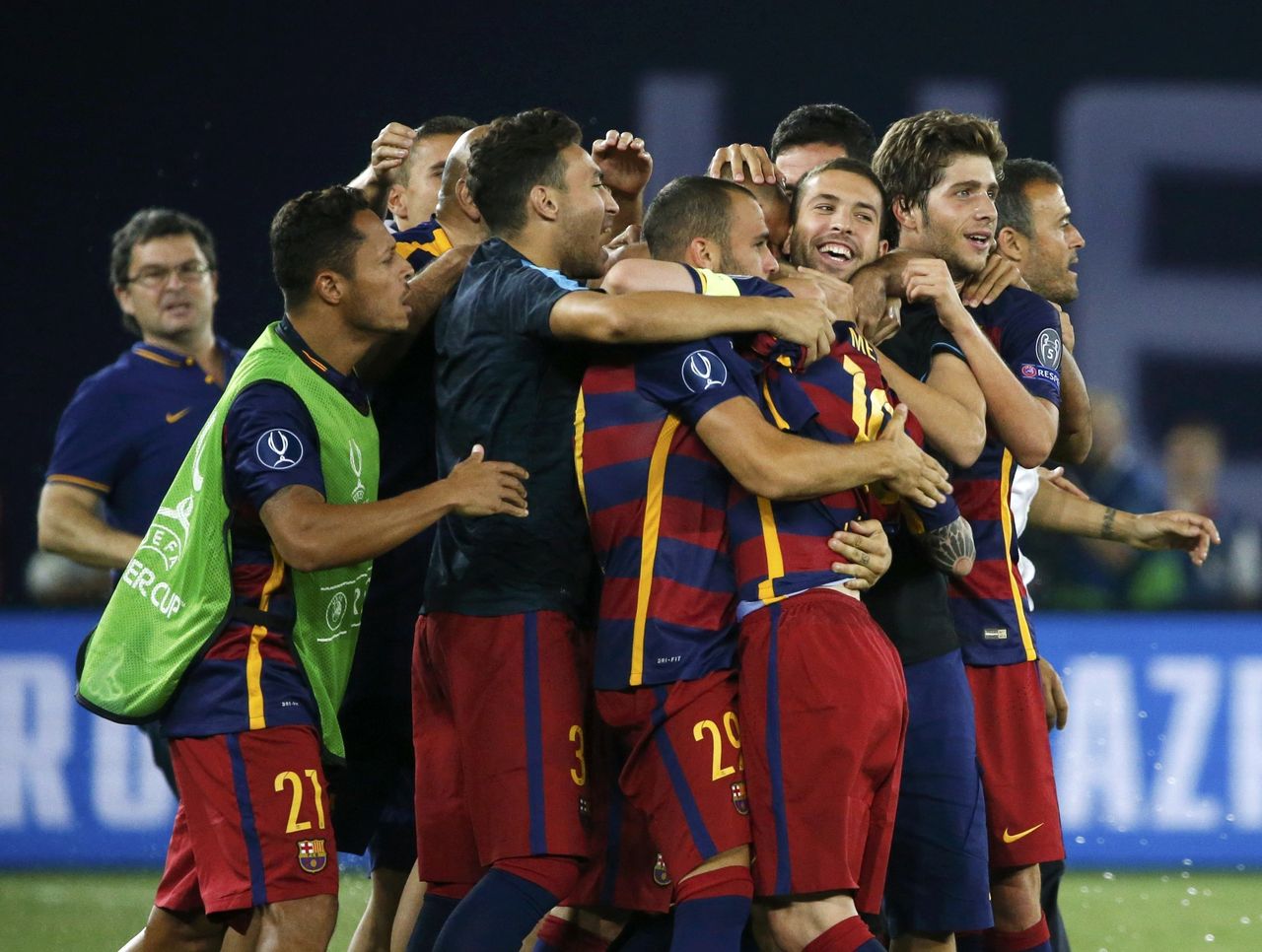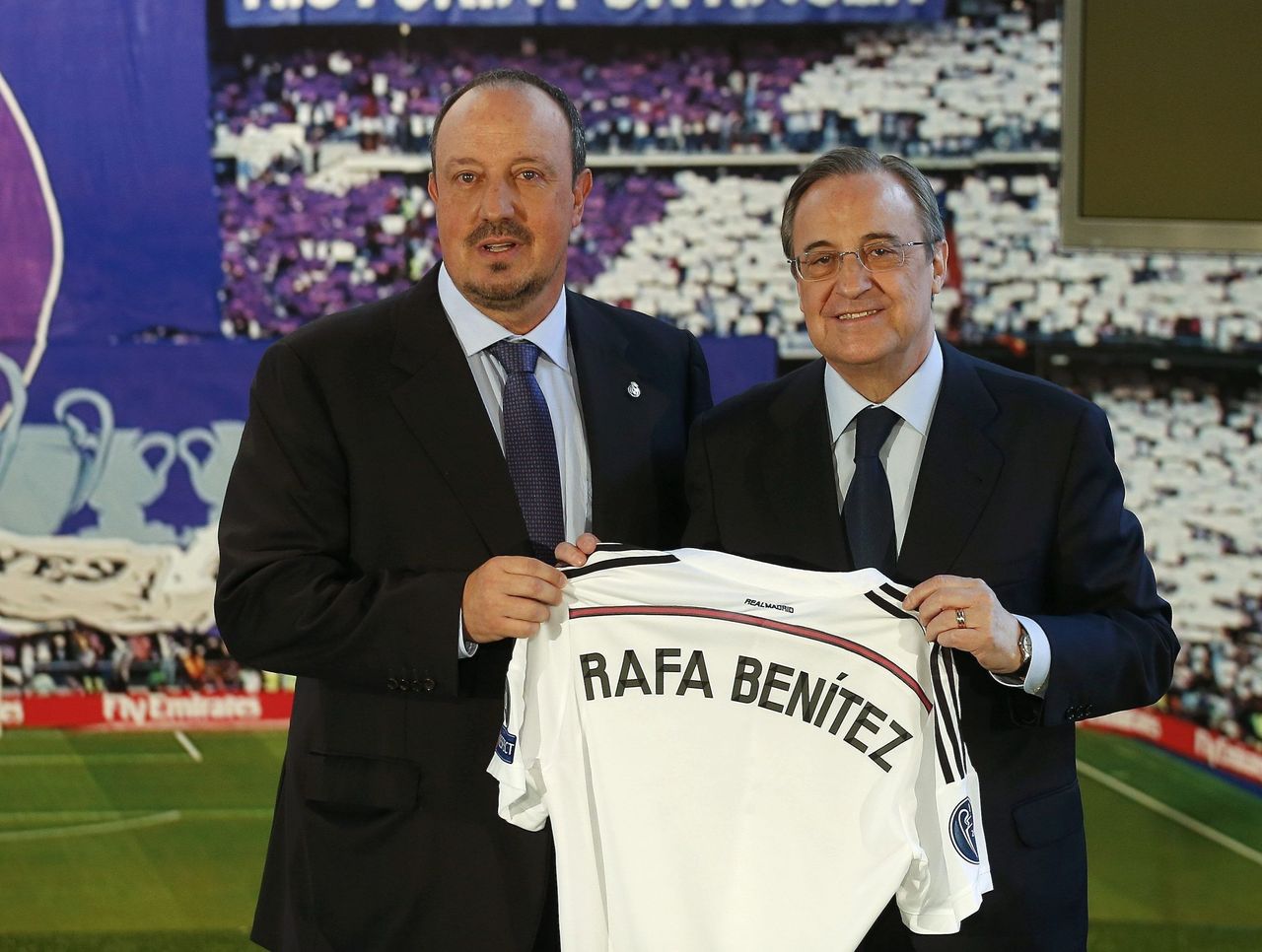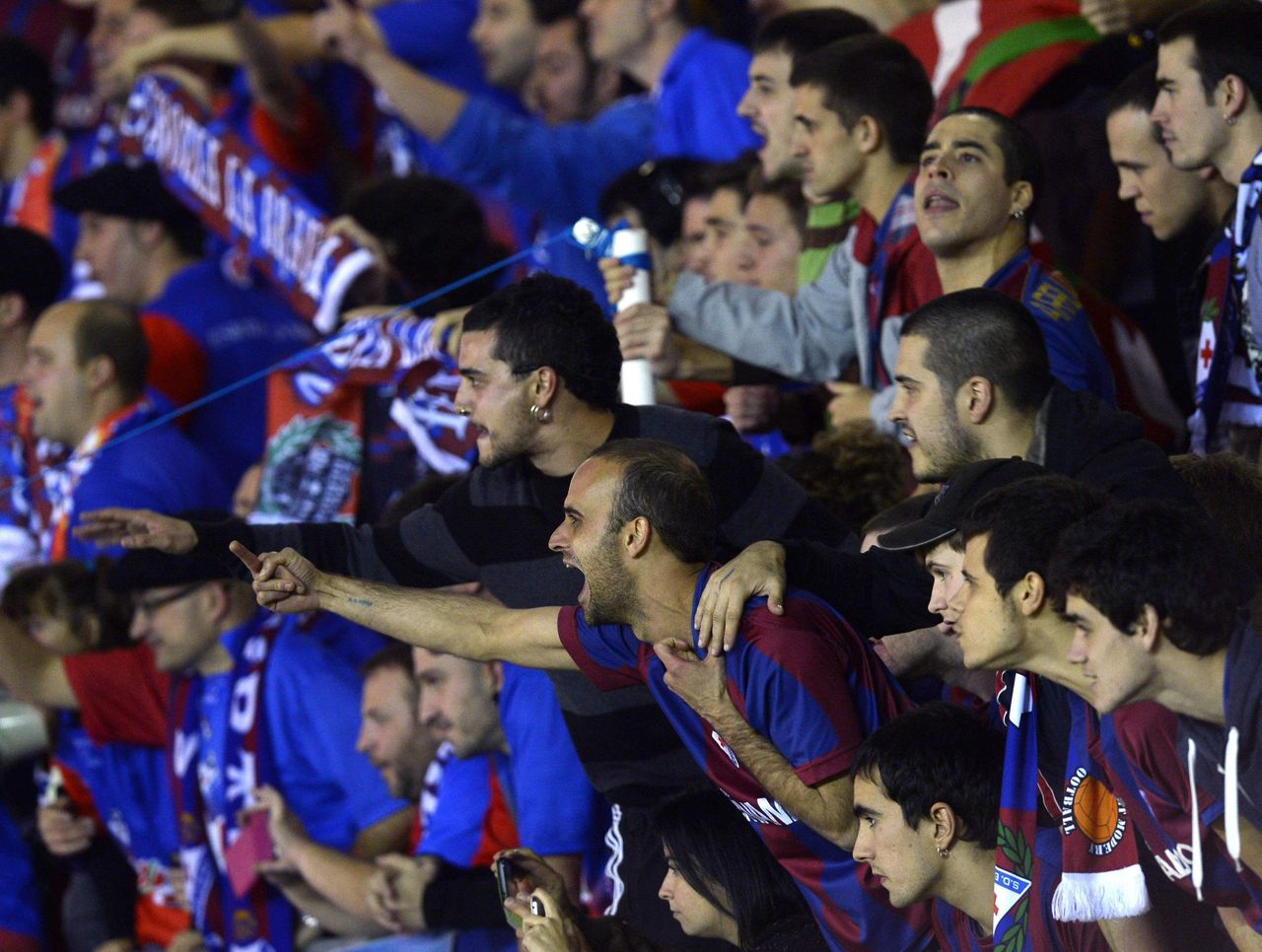5 things to know about the 2015-16 La Liga season
While the top flight of Spanish football is often regarded as a two-club race, a host of teams will look to rewrite the script and mount a title challenge against behemoths Barcelona and Real Madrid as another edition of La Liga is set to kick off. Meanwhile, other sides will simply look to remain afloat and avoid the financial consequences of relegation.
When Barcelona captured its 23rd La Liga title in May, the Catalan outfit did so in a manner demonstrating why it's "more than a club." It secured the silverware by defeating the then-reigning champion, Atletico Madrid, at the Vicente Calderon - exactly one year to the day after Diego Simeone's side earned a historic draw at the Camp Nou to deny Barcelona the 2013-14 title.
That's a microcosm of the entertainment La Liga can deliver, despite its reputation of being anti-competitive. The league is more than a battle between two giants and possesses quality well beyond the likes of Lionel Messi and Cristiano Ronaldo, even if the two footballers are in a class of their own.
Here are five things to know about the 2015-16 La Liga season:
Barcelona in search of 24th title

How does a club follow up on a treble-winning season?
Long gone are the days when Barcelona was an underachiever that won a single La Liga title over a quarter-century. Instead, Catalonia's finest is now expected to snatch trophies left and right, and anything below the top of the table is considered a meteoric failure.
Such are the standards at the Camp Nou for a squad entering the season looking identical to the previous campaign. That's due to Barca's FIFA-imposed transfer ban, which stems from illegally signing 10 international players under the age of 18.
Of course, Barcelona has the resources - namely an attacking trident of Messi, Luis Suarez, and Neymar - to deal with the transfer ban, and the club was still able to acquire Aleix Vidal and Arda Turan this summer, even though neither can take the pitch until 2016, when the ban is lifted.
A 24th La Liga title for Barcelona seems like the logical outcome for this season.
The Rafa Benitez era

There weren't many surprised faces when manager Rafa Benitez was confirmed as Carlo Ancelotti's successor in early June.
The well-travelled Spaniard has coached at Valencia, Liverpool, Inter Milan, Chelsea, and Napoli. He's embarking on what could be the defining managerial stint of his career, looking to help Real Madrid recover from its unacceptable second-place finish last season.
Reports regarding a rift between Benitez and Ronaldo have already surfaced, forcing the manager to downplay the speculation by referring to Cristiano as the "best player in the world." None of this is surprising given how the Spanish media, particularly in the Spanish capital, operates, and that's only a taste of what Rafa will deal with off the pitch.
The 2nd-tier clubs

When Atleti unexpectedly won the 2013-14 La Liga title, it marked the first time in 10 years that one of Barcelona and Real Madrid didn't sleepwalk to glory, proving the pair of Spanish giants are indeed vincible.
Along with Atleti, clubs like Valencia, Sevilla, and perhaps Villarreal and Athletic Bilbao will look to replicate Atleti's success from two seasons ago and spin La Liga on its head.
The odds are overwhelmingly against these teams. However, if anyone can do the unthinkable, it could very well be Atleti again, with a frontline including Luciano Vietto, Jackson Martinez, and Antoine Griezmann, and Filipe Luis returning to its backline.
Eibar, not Elche

The financial trouble that stalks Spanish football claimed another victim in June.
Elche, which finished 13th last season, was relegated from La Liga because of unpaid debts to the State Tax Administration Agency. The club was sanctioned during the 2014-15 campaign as well as in 2013-14 because of "serious infractions committed," leading the league's Social Discipline Judge to demote Elche following its latest relapse.
That resulted in the reinstatement of Eibar, the smallest club in La Liga last season, which had been relegated on the final matchday.
Last season of inequality?

The Spanish government's May approval of a law regarding the sale of television rights to broadcast matches, as well as the distribution of income, is bad news for Spain's largest two sides. As it stands, clubs negotiate television rights individually rather than collectively, meaning Barcelona and Real Madrid are able to bring in copious amounts of revenue and widen the gap between themselves and the rest of La Liga.
Under the new law, the rights to transmit matches from La Liga will reportedly result in 90 percent of total revenues from the sale of television rights going to all of the clubs in the top flight of Spanish football. Half of that money will be shared equally, while the other half is divided up according to criteria including recent performance and size.
However, the new law doesn't take effect until 2016, meaning this season will still feature the disparity supporters are accustomed to witnessing.